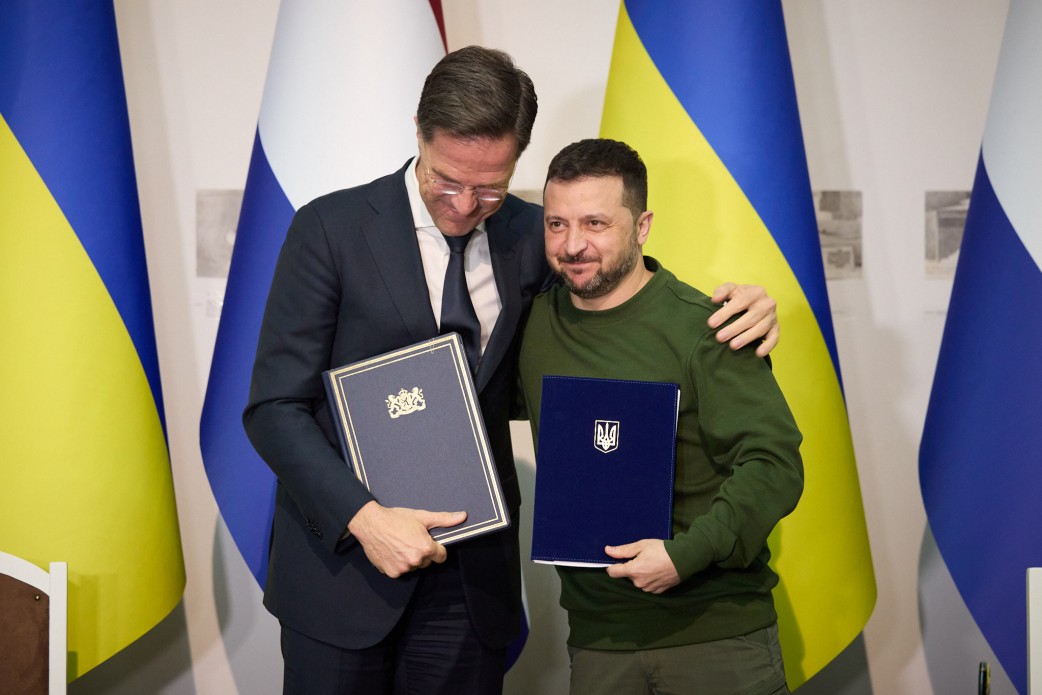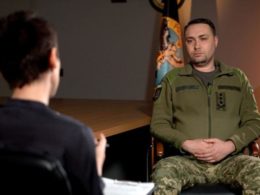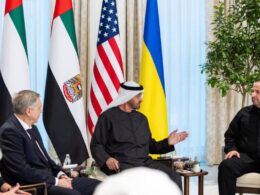On 1 March 2024, Ukrainian President Volodymyr Zelenskyy and Dutch Prime Minister Mark Rutte signed a Ukraine-Netherlands security agreement in Kharkiv, as the Presidential Office of Ukraine reported.
This agreement, part of the G7's Joint Declaration to support Ukraine adopted at the NATO summit in Vilnius, reinforces the Netherlands' commitment to continue assisting Ukraine in defending against Russian aggression.
The agreement, valid for ten years from the date of signing, includes a provision for €2 billion in military aid from the Netherlands to Ukraine in 2024, with continued defense support over the next decade. It encompasses a robust military component, prioritizing the provision of modern military equipment, including air defense systems, artillery, armored vehicles, and support for naval and long-range capabilities, particularly for the Air Forces.
In addition to military aid, the agreement also focuses on non-military areas such as economic recovery and reconstruction, countering hybrid threats, intelligence, cybersecurity, combating organized crime, and protecting critical infrastructure. It further expands on sanctions, compensation for damages, and holding the aggressor state accountable, as well as supporting Ukraine's cultural heritage.
The Netherlands reaffirmed its support for Ukraine's future membership in the EU and NATO and established a 24-hour emergency response mechanism in case of renewed military aggression against Ukraine. During the meeting, Zelenskyy and Rutte, along with Ukrainian defense officials, discussed the current battlefield situation, the specifics of Russian air strikes, and the critical needs of Ukraine's Armed Forces for ammunition, air defense systems, and armored vehicles. The needs of Kharkiv's air defense forces were also addressed.
Ukraine has already signed security deals with the UK, Germany, France
, Denmark, Italy, and Canada to bolster its defense capabilities and ensure continued Western military support amid Russia’s ongoing invasion.
Read also:
- Ukraine, Norway begin talks on bilateral security agreements
- OSCE launches special mechanism to investigate Russia’s arbitrary detention of Ukrainian civilians
- Canada open to sending non-combat troops to Ukraine as instructors; more countries support non-combat missions (updated)





